THE WINTER GLOW: The beauty of a safari in the dry season.
- Joshua Mockett
- 9 hours ago
- 4 min read

The remarkable experiences that come with a winter safari.
There is no doubt that the winter period in Africa is known as the best time to go on safari.
Grass is short.
Not too hot.
Dry.
Waterholes are productive.
Animals are active for longer.
No mosquitos.
Not really snakes or bug season.
All sounds perfect right?
But is it?
To be honest, you can’t go wrong. That’s not to say that Autumn, Spring and Summer aren’t amazing too!
To be honest, there isn’t a time of year you shouldn’t go on safari, every day, month and season have something
spectacular to offer you.
We might me heading towards spring, but if you’re looking at going on safari in winter 2026, I’m here to tell you why winter
might just be perfect for you and what makes it so special.
Especially as a photographer.
Let me try make something clear though. Just because you’re in spring, doesn’t mean the dry season is over.
Most of our guests are from Europe and North America so it might be worth me explaining how the Southern African seasons work:
December - February: Summer (hot in the day, evening thundershowers)
March - May: Autumn (Cooler and little bits of rain (at the start of the season))
June - August: Winter (Cool and dry)
September - November (dry and gets hotter to the end of the season where we get our first rains)
The whole period from June - September is commonly known as the best time to go on safari. Just look the reasons I stated above.
The most significant thing about winter is the light, the golden colours. Oranges, yellows and reds only found in the dry season. The way the sun just lights up the dry grass is something so special. It can’t really be explained just shown, but we’ll try our best to explain and show you.
The crisp, golden light of the early mornings and late afternoons creates soft, warm tones that beautifully enhance wildlife portraits and sweeping landscapes. With the cooler temperatures, the air is clearer, giving fantastic visibility and contrast, while the lower angle of the sun throughout the day produces dramatic shadows and textures that bring every scene to life. The dry season also means thinner vegetation and animals gathering around scarce water sources, making sightings more frequent and unobstructed, perfect for capturing intimate moments in nature. For any photographer, winter light on safari is pure magic.
Have a look at a collection of images we’ve taken in winter that just show how amazing it is for photography.

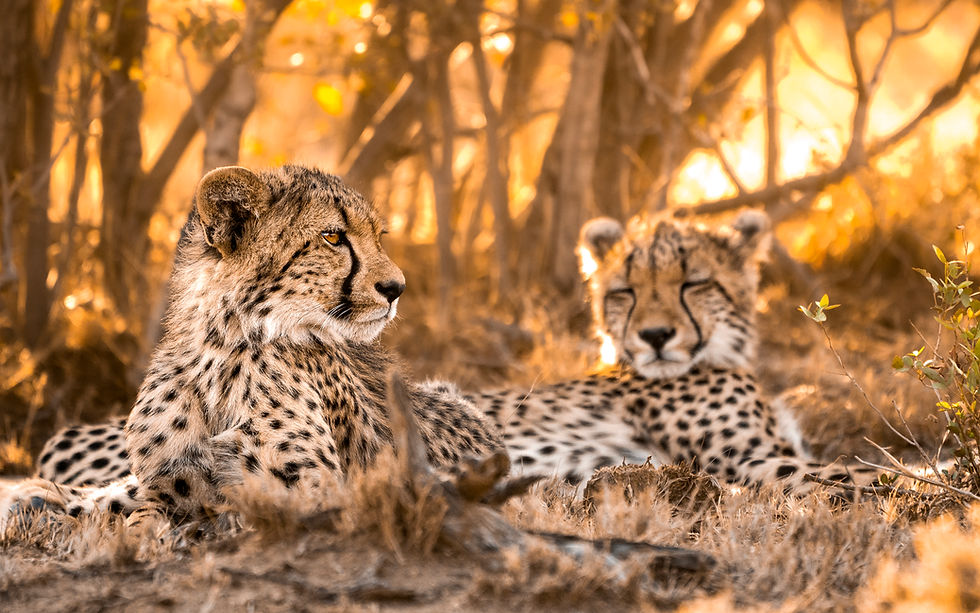

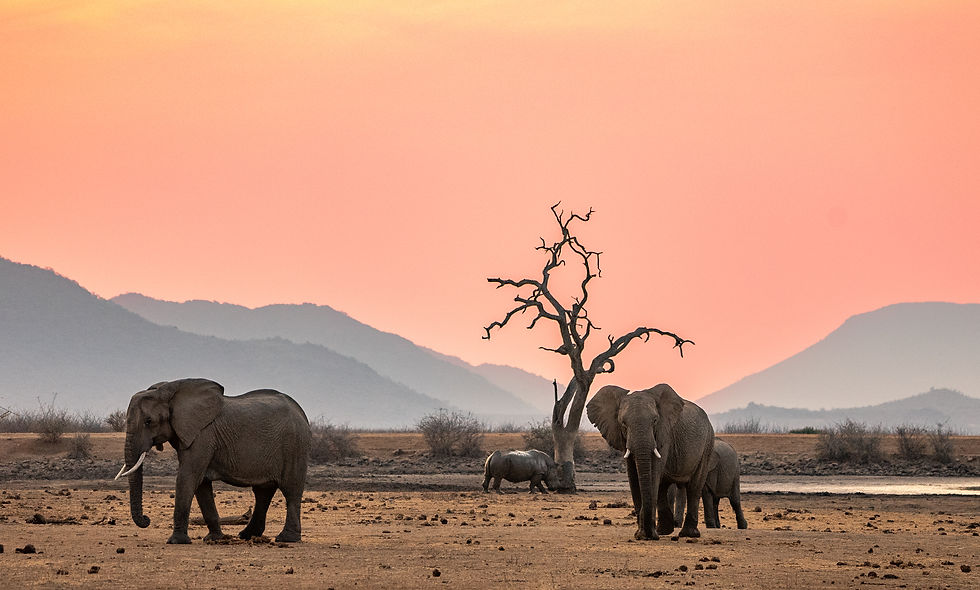
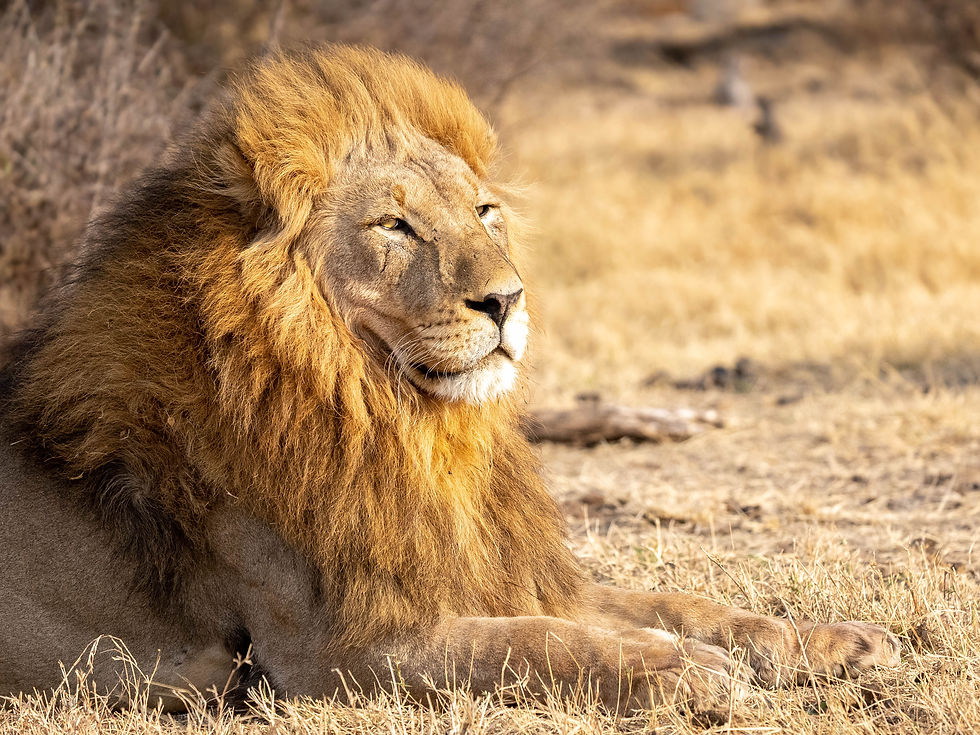
Now you’ve seen the wonderful photographic experiences and opportunities, but what about everything else? How busy are the game reserves, how cold is it? Is it more expensive? Should I go on safari in only winter because of how good it is?
We’re gonna answer those questions for you.
How busy are the game reserves?
The dry season is definitely the busiest season in general but the key is to avoid school holidays. It doesn’t really affect viewing too much if you are on a private safari, especially if you have a good guide who can provide great sightings and avoid a lot of other vehicles. Yes, the game reserves are busier but if you are on the right safari, it shouldn’t impact things too much. This is a massive reason we only host private safaris and always recommend private safaris.
How cold is it?
June and July are definitely the coldest but overall through the dry season, it’s quite chilly in the mornings anywhere between -2°C and 8°C but in the middle of the day, it can go up to 25°C
Obviously everyone is more sensitive to different temperatures so on an open safari vehicle, -2°C feels a fair bit colder than that. That’s why we offer closed vehicle safaris as well. This is why different times of year are more favourable to different people.
August to September is a fair bit warmer where the mornings aren’t really ever any colder than 7°C - 8°C so that might work a bit better for you.
Is it more expensive?
Yes and No. Some lodges are slightly more expensive due to high demand in winter but with private safari companies usually isn’t. Most lodges have rates that change through the seasons so it will be slightly more expensive on occasion but the difference would only be about 5% so it shouldn’t change the affordability. One recommendation is book in advance. This might save you a bit of money and you won’t really have to worry about availability.
Should I only go on safari in winter because of how good it is?
No. Winter is fantastic. Summer is fantastic. Especially when it’s not raining. Autumn and Spring are fantastic. Our favourite times of the year are April and October-November. As photographers, we love what those 2 bring from a photographic perspective and in general.
We would say April and October are the best months for safari but it all comes down to preference.
We hope this article has been helpful and insightful for you. See you on safari.
Here are some images captured during every month of the year: Enjoy


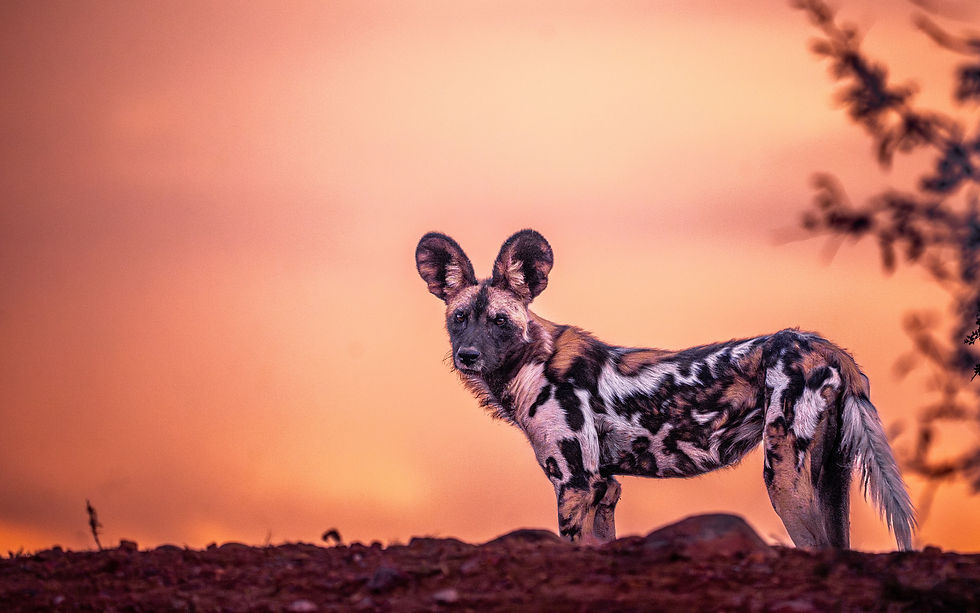


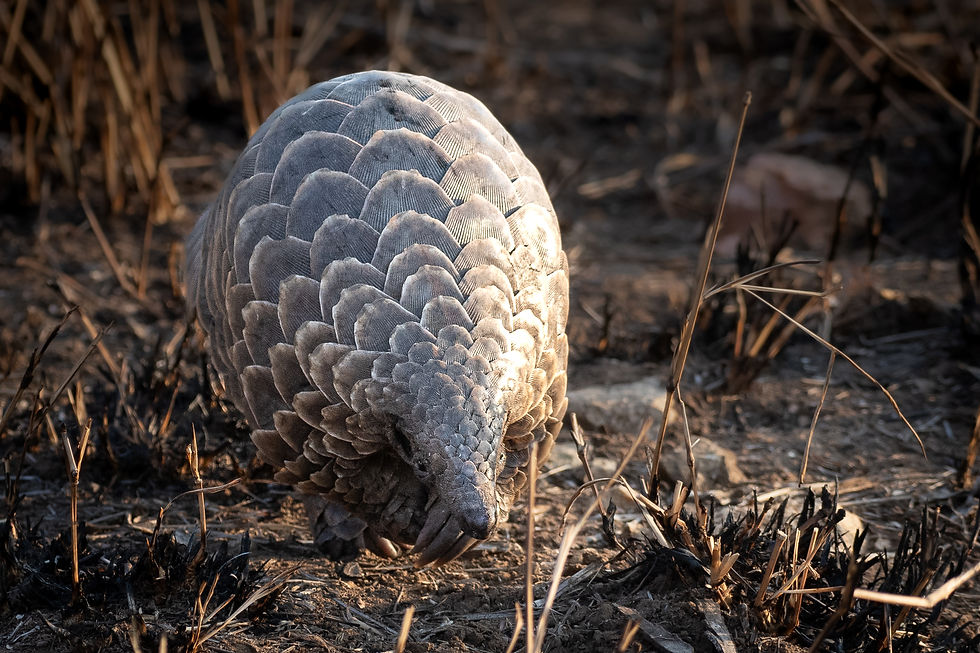





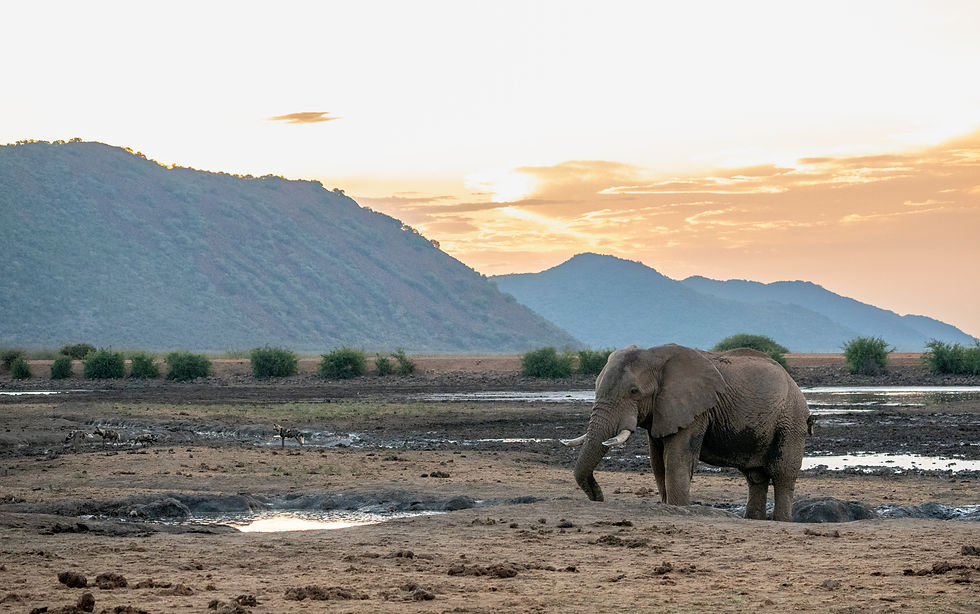




Comments